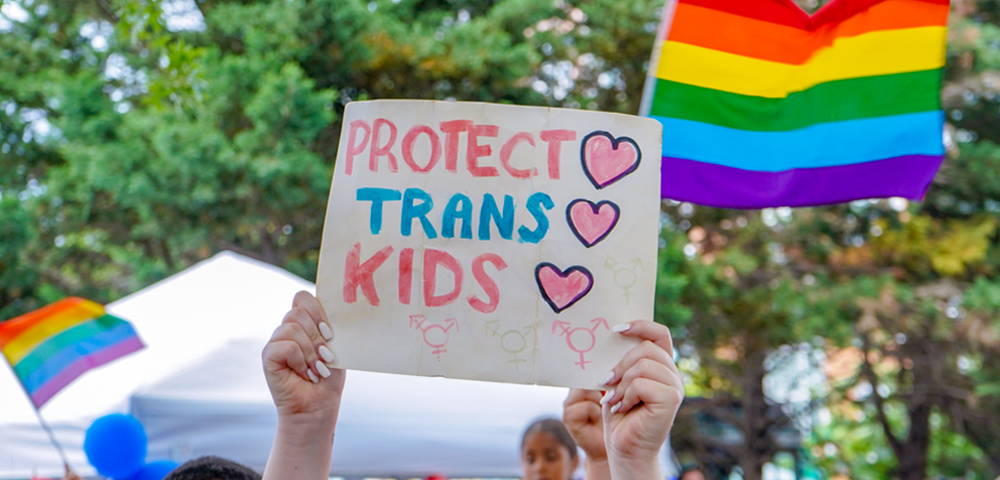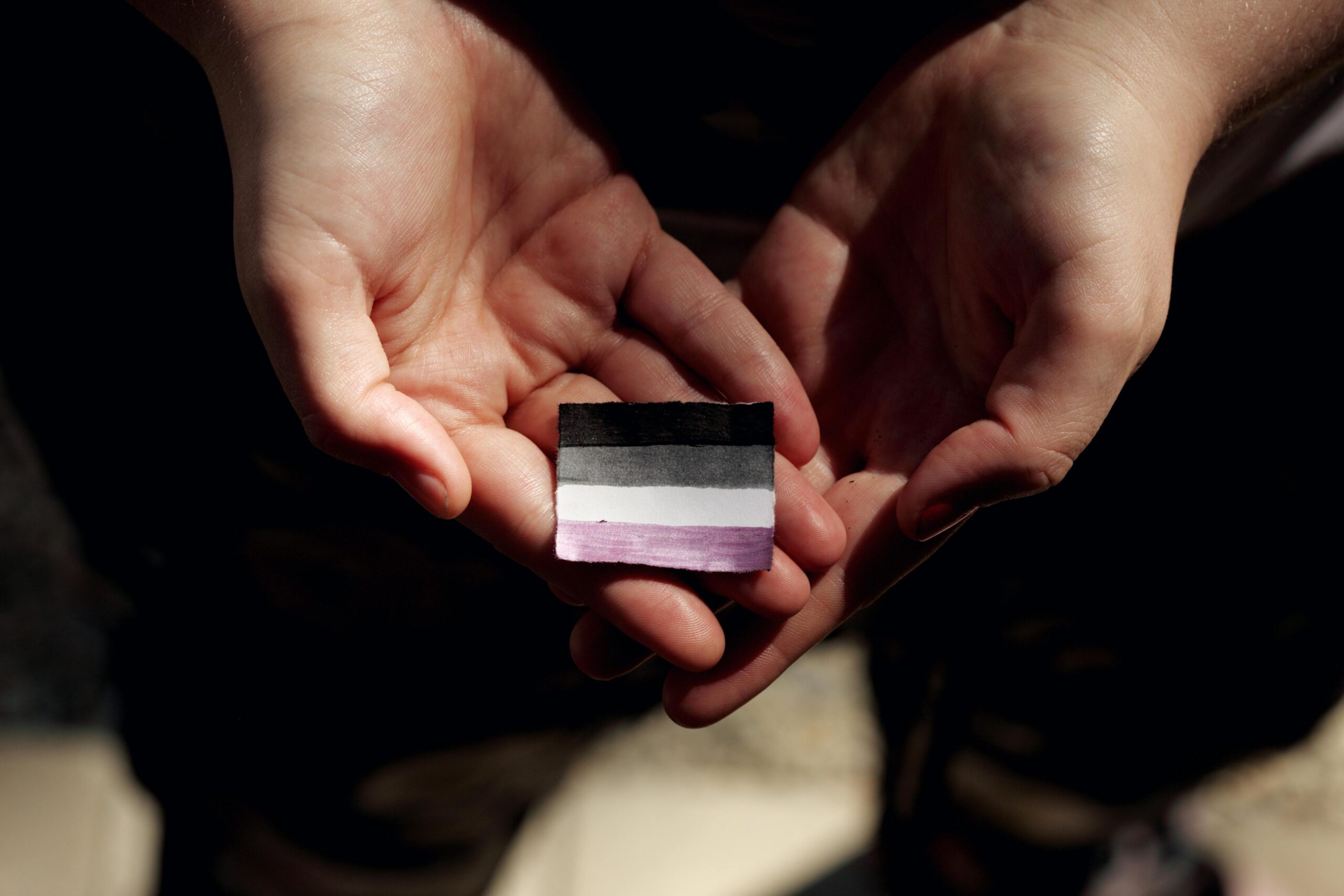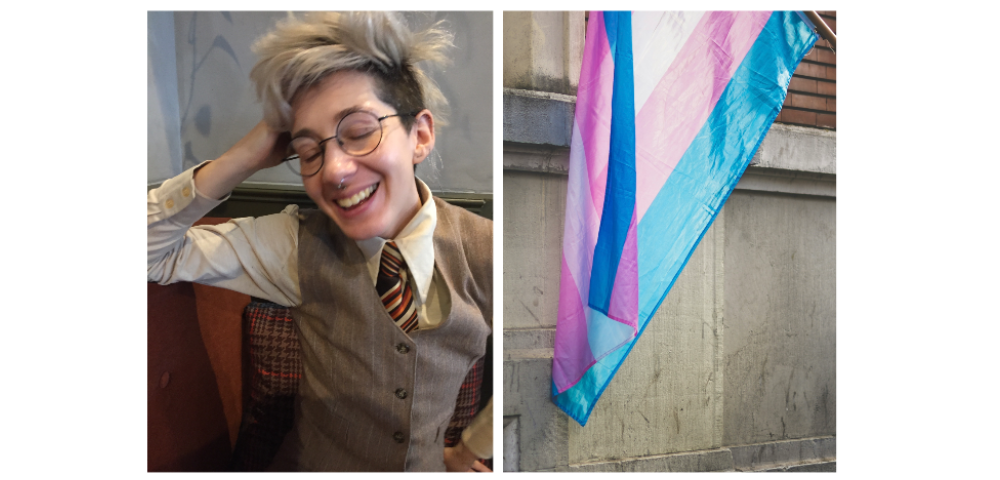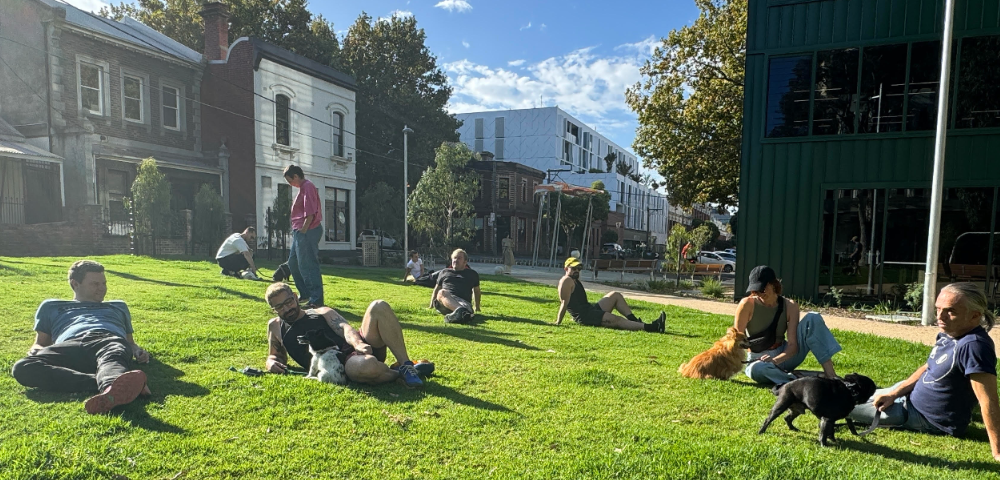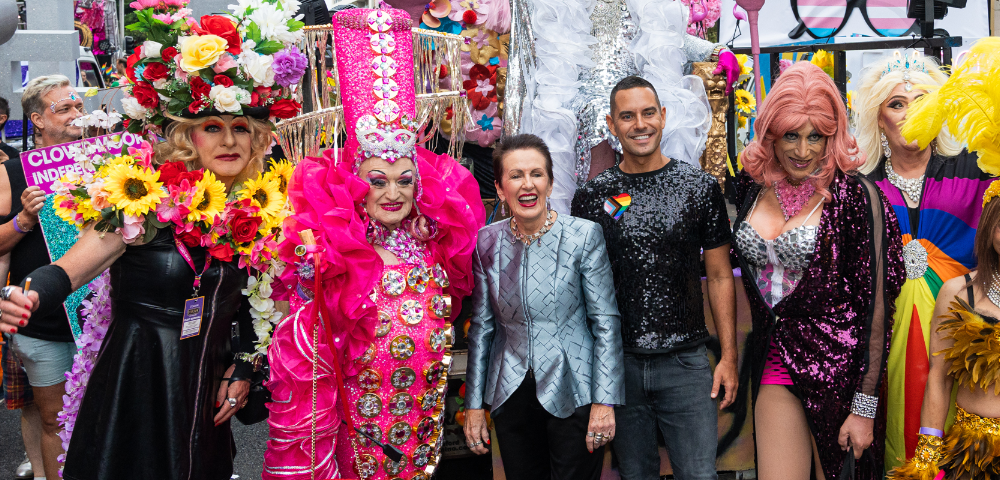
Lessons from Auschwitz
I’m writing this column in Krakow, Poland, where I have spent the past week inside the former Nazi concentration camp of Auschwitz-Birkenau – best known as the site where more than a million Jewish people lost their lives during World War II. Many other groups deemed unworthy of life were exterminated here too; Polish political prisoners, gypsies, Roma and homosexuals. It is difficult to fully grasp the enormity of what happened in this place. While we may now view Auschwitz as a particularly painful period of history, there remain places in the world where it is a reality for gay and lesbian people.
In five countries homosexuality remains punishable by death. Much as we may deplore the fact that we are denied the right to marry the person we love, we cannot forget that there are some who are denied the right to live. Auschwitz is also a reminder that our marginalisation is inextricably linked with the marginalisation of others. In the famous words of Martin Niemoller,
“First they came for the socialists, and I didn’t speak out because I wasn’t a socialist. Then they came for the trade unionists, and I didn’t speak out because I wasn’t a trade unionist. Then they came for the Jews, and I didn’t speak out because I wasn’t a Jew. Then they came for me, and there was no one left to speak for me.”
What does this mean in contemporary Australia, and in particular for the LGBTI community? It is not enough for us to seek our own personal freedom and be content with that. For some of us, the denial of the right to marry remains the last hurdle, legal or social, to a life free from discrimination. Yet many – often those who are young, or elderly, or have a disability, or come from a particular multicultural or faith background, or live in a rural area, or are sex and/or gender diverse – the list could go on – continue to face discrimination and harassment on a daily basis.
The federal government has released its exposure draft of its long awaited new anti-discrimination legislation. While there are already promises to include sexual orientation and gender identity as protected attributes for the first time, we need to make sure these laws protect the full spectrum of identities within the LGBTI community
The GLRL recently co-hosted a national roundtable with the Australian Human Rights Centre at UNSW, with the aim of bringing together the many different voices within the LGBTI community to discuss the new legislation. This week we will be in Canberra presenting the position reached at the roundtable to our federal lawmakers.
Of course anti-discrimination laws are there to protect not just the LGBTI community, but all those who suffer discrimination on the grounds of sex, age, gender, race, religion, or another characteristic. If there is a gift hidden in the discrimination our community has endured over the years, perhaps it lies in the way our own experience can sensitise us to the marginalisation of others.
LGBTI rights are human rights, and the freedom of others who are marginalised is as important as our own.
by JUSTIN KOONIN NSW GLRL
**********
Nominations for the GLRL committee are still open, and close on Tuesday 27th November. There are also vacancies on volunteer working groups. We are particularly interested in people with skills in event management, finance and fundraising. To register your interest or for more information, please contact: [email protected]




